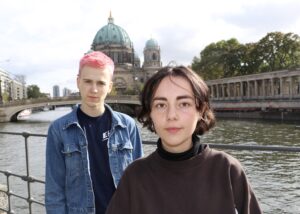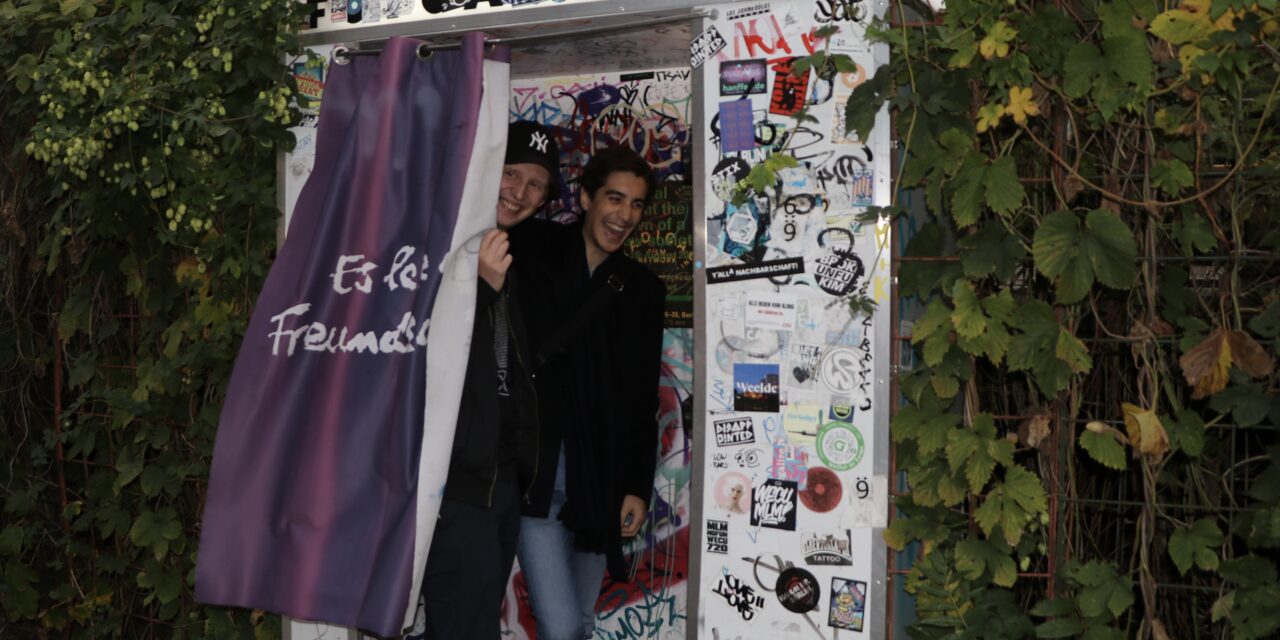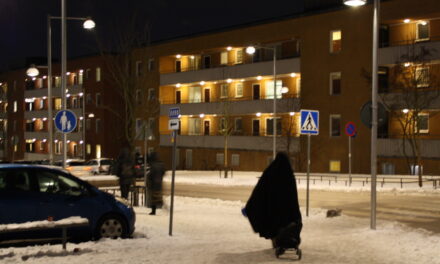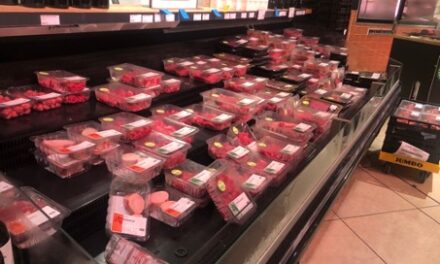Berlin is seen by many as one of the biggest nightlife capitals of the world. The techno scene of the city is huge, but has been on hold for more than eighteen months due to the coronavirus. This was until one of the clubs sued the Berlin county and won: all nightlife had to open back up immediately. Although this was a major win for the Berlin event sector, it did come with some consequences. A night of clubbing in the infamous city is now only possible for either vaccinated or recovered people. And this stirs up a discussion in the city where inclusivity is at least as important as techno music.
2G “Geimpft oder genesen” -vaccinated or recovered from COVID- is the rule in Berlin now. This means that since a few weeks, only people that have gotten the vaccine or people that can prove they have recovered from COVID can get into clubs, bars, restaurants and cultural attractions.
Rising discussion
You can feel the discussion and the dividedness in many places you go in Berlin. There’s clubs not opening back up because they simply don’t believe in the restrictions, and students giving up their love for clubbing because they refuse to take the vaccine. Ric Bohmann (19) and Luisa Maji Thiel (20) are club-loving friends, both living in the German capital and couldn’t agree less. Ric explains why he is such a fan of the vaccine: ‘I’m a pharmacy student and I very much believe in science and I see the vaccine as the best option to get out of this pandemic. There’s no harm in it and it’s a nice contribution to society. I experienced the privileges of the vaccine already many times. I went clubbing, I can go inside of restaurants without any problem. There’s even jobs that asked me if I was vaccinated.”
Thiel on the other hand feels too pressured and hasn’t gotten the shot. “I started to feel forced by the government when they alternated the 3G to 2G restrictions (3G standing for vaccinated, recovered or tested). I really hated that actually and I started feeling manipulated. My freedom of choice was being taken away from me. For me it’s more of a political choice, I don’t want to be manipulated in my own body. If it would’ve stayed a free option I think I would’ve been more willing to take the vaccine.”

Ric and Luisa Maji in Berlin, the city where Ric can go clubbing again, and Luisa Maji had to let go of her love for going out.
Return of nightlife as we know it?
Konstantin Krex is the spokesperson of Holzmarkt, a cooperative urban project with a club and a bar. He feels conflicted about the 2G rules in Berlin. ‘Fighting COVID is a duty and we’re all in it together. (…) On one hand I’m happy that the nightlife as it should be -with dancing and sweaty crowds- is returning. On the other hand it brings a lot of downsides. I think that it’s deeply concerning that going out without full digital personalization, like ID-checks and QR-codes, is no longer possible. It’s going to be hard to reverse these things and I think that’s a terrible development.”
Inclusivity is important to the Berlin nightlife, and this is something Krex is worried about. ‘COVID is a force of inflation, also in the nightlife. We need to make sure that clubbing in Berlin isn’t excluding anybody.’ Therefore he hopes to be able to stand up for the famous Berlin clubbing-scene. ‘Nightlife the way we know and love it won’t come back if we don’t make a stand.’
Luisa Maji feels like she’s missing out now that every other student that is vaccinated can go out again, ‘I feel like it’s constructing a two class society in a way. I can handle that I can’t go clubbing, even though I hate it. I love clubbing, dancing and partying, but if it’s going against my morals, it has to be a sacrifice I’m making. ” Ric Bohmann is genuinely concerned about the situation. “I feel the discussion everywhere I go. It’s a big topic in almost every conversation. Almost everyone is starting to feel weird about the situation.” Nevertheless Ric thinks the issue shouldn’t get in the way of friendships. He ends his story by wrapping his arms around Luisa and smiling wide while saying: ‘We’re great friends, and we should never let the discussion divide us fully.’




